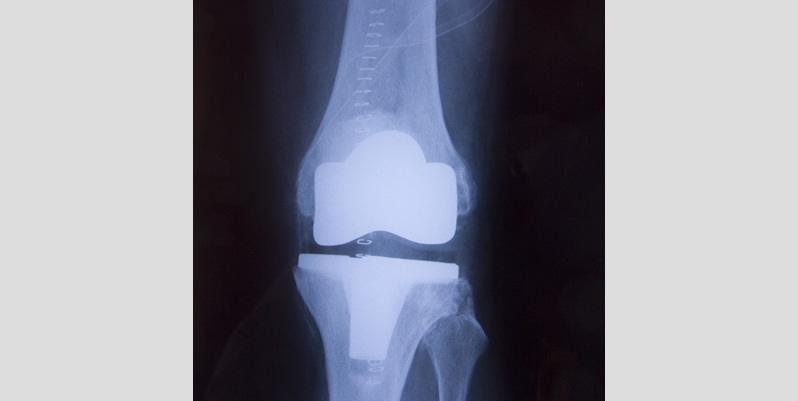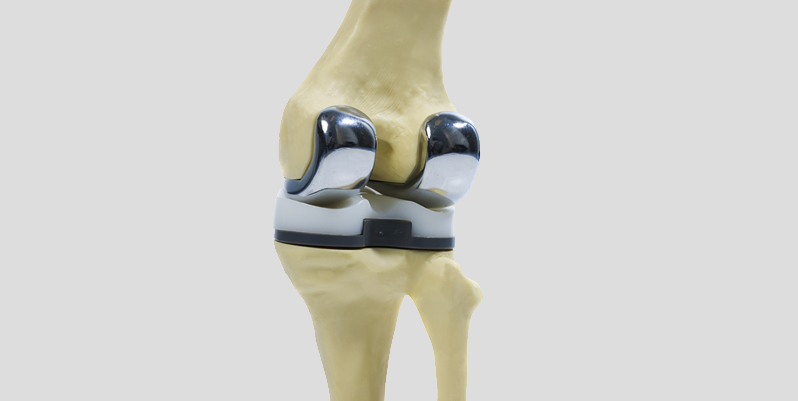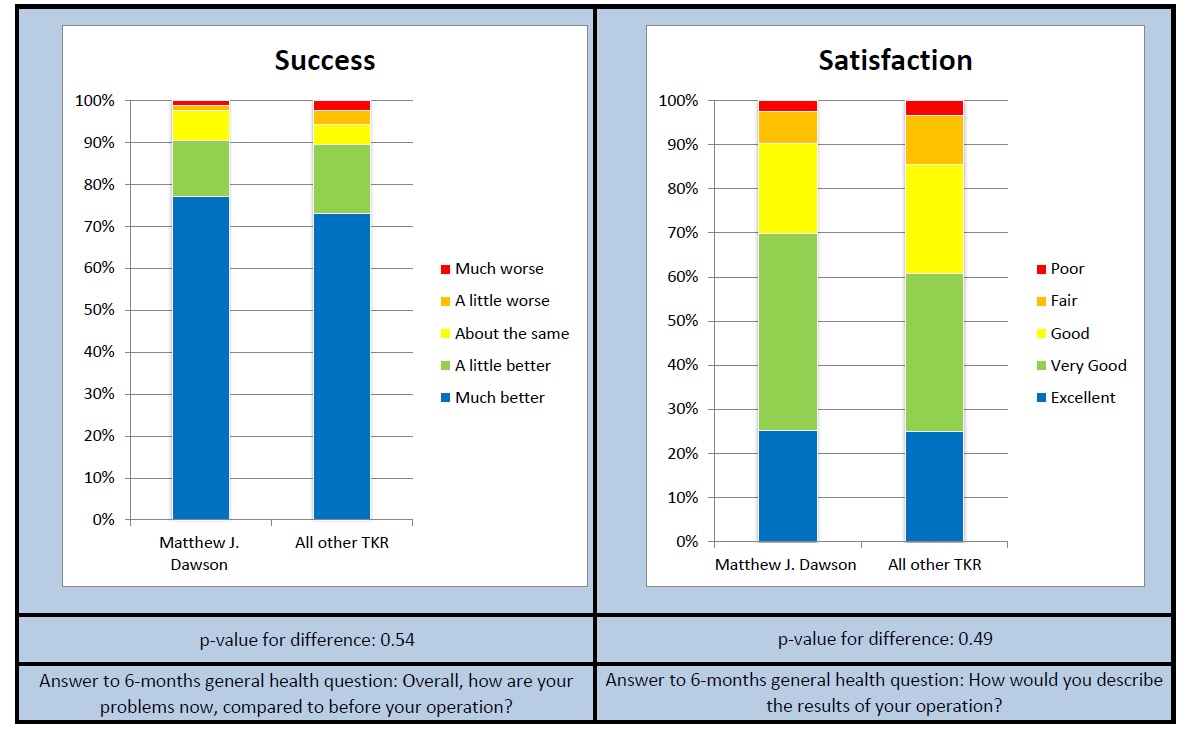Knee replacement surgery is a routinely performed procedure in which the knee is replaced with an artificial joint. In a full knee replacement, both parts of the joint will be replaced with prosthetics. Having the surgery can help to restore mobility and relieve pain when the knee joint is worn, damaged or deformed.

A total knee replacement may be recommended if both sides of the knee joint are worn or damaged and you are experiencing symptoms such as pain and reduced mobility. The most common reason for needing a knee replacement is osteoarthritis. However, knee replacement surgery may also be required if the joint has been injured or if it is affected by other conditions such rheumatoid arthritis, bone dysplasia, or gout. The surgery is most often carried out in patients over the age of 60, but it can be performed at any age if necessary. Knee replacement is a significant surgical procedure, so it will only be recommended if your symptoms are severe and it isn’t possible to manage them with other treatments such as medication or physiotherapy. You will also need to be fit enough to undergo the operation safely.

Total knee replacement is usually carried out under a spinal or occasionally a general anaesthetic. The consultant anaesthetist may combine some sedation with the spinal anaesthetic if you prefer. The anaesthetic is designed to give you the best experience and safest outcome so please discuss your concerns with the anaesthetist. The surgeon will begin by making an incision at the front of the knee. The kneecap will be moved to one side to expose the joint. The worn or damaged parts will be removed from the bottom of the thigh bone and the top of the shin bone. The prosthetic joint will then be fixed in place on each side of the joint using a thin layer of bone cement, before the kneecap is replaced and the surgical incision is closed up. The prosthetic knee will be carefully selected to fit your joint and the will ensure that it is working properly before completing the procedure. The knee cap (patella) is not always resurfaced unless there is a specific reason to do so and Mr a Dawson will explain this to you if it is required. Mr Dawson is a keen follower of Enhanced Recovery protocols which he himself introduced into several hospitals. These techniques have revolutionised the patient experience before, during and after the hospital stay. So whilst we don’t imagine patients relish having surgery the journey will be as pleasant as possible with excellent pain management and physiotherapy. Any questions or concerns you have are the duty of the team to answer so please let us know.
After the operation, you will usually need to stay in hospital for between three and five days. Some pain, swelling and stiffness is to be expected at first. You will need to use crutches or a walking frame for about six weeks and physiotherapy is recommended to help build up your strength and mobility. You should be able to resume most normal activities, such as driving, by about 12 weeks. However, it can occasionally take over a year for the knee to recovery completely after the operation.

If you would like to find out whether total knee replacement is right for you, get in touch to arrange an consultation with Mr Matt Dawson at the Cumbrian Knee Clinic.
The NJR supports the national clinical audit and publishes outcomes here: www.njrcentre.org.uk
Attached file is Mr Dawson’s published results for TKR from 2019.

Matt Dawson is a Specialist Knee Surgeon with over 16 years Consultant experience. Matt is internationally renowned as one of the leading authorities on knee realignment surgery
Specialist Knee Surgeon
Over 16 years Consultant experience
Internationally Recognised
Patient Centric Approach
Holistic Approach
Enhanced Recovery Programme (ERP)
Leading in Knee Realignment Surgery
Matt practices in the North of England and is available
to see patients from all over the UK
Circle Health group
Meadowside, Lancaster
Lancashire, LA1 3RH
Phone: 01524 62345
Fax: 01524 844725
Clayton Road,
Newcastle upon Tyne,
Tyne and Wear, NE2 1JP
Phone: 0191 281 6131
Cumbrian Knee Clinic @ Penrith
Community Hospital
Bridge Lane
Penrith, CA11 8HX
Phone: 01697 282119
Fax: 01697 282119








Copyright 2024 The Cumbrian Knee Clinic. All rights reserved.